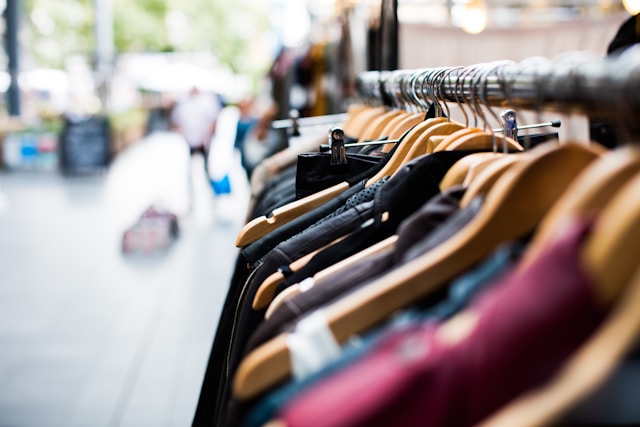In an era where environmental consciousness is paramount, the fashion industry is experiencing a significant transformation. The growing focus on sustainability has led to innovative practices that not only cater to the demand for stylish clothing but also address the pressing need for eco-friendly solutions. This shift is crucial as we confront the environmental impact of traditional fashion practices.
The rise of clothes recycling in Aberdeen
A key player in the movement towards sustainable fashion is clothes recycling in Aberdeen. This initiative is pivotal in reducing textile waste and promoting a circular economy. By focusing on recycling, Aberdeen’s fashion industry is making strides towards minimizing landfill contributions and conserving valuable resources. The program encourages residents and businesses to participate in the recycling process, transforming old garments into new products. This proactive approach is setting a benchmark for other cities to follow, emphasizing the importance of local efforts in global sustainability.
Innovative recycling techniques and technologies
The fashion industry is increasingly adopting innovative recycling techniques that push the boundaries of traditional waste management. Advanced technologies are now being employed to efficiently process textiles, which were once considered non-recyclable. Techniques such as chemical recycling, where garments are broken down at the molecular level, allow for the extraction and reuse of fibers. These methods not only enhance the quality of recycled materials but also reduce the overall environmental footprint of garment production. Embracing these technologies represents a significant step towards a more sustainable fashion future.
The role of consumer Behavior in sustainable fashion
Consumer behavior plays a crucial role in driving the shift towards sustainable fashion practices. As awareness about the environmental impact of fashion grows, more individuals are making conscious choices about their clothing purchases. Opting for eco-friendly brands, participating in clothing swaps, and supporting local recycling initiatives are all actions that contribute to a more sustainable industry. By fostering a culture of mindful consumption, consumers can influence fashion brands to adopt greener practices and prioritize sustainability in their production processes.
Conclusion
The evolution of the fashion industry towards sustainability is both necessary and promising. With initiatives like clothes recycling in Aberdeen leading the way, innovative recycling technologies revolutionizing waste management, and informed consumer behavior driving change, the future of fashion is poised to be both stylish and environmentally responsible. Embracing these advancements not only addresses the pressing environmental challenges but also sets a precedent for a more sustainable and conscious fashion industry.
For more information visit our website https://aberdeen-cash4clothes.co.uk/




